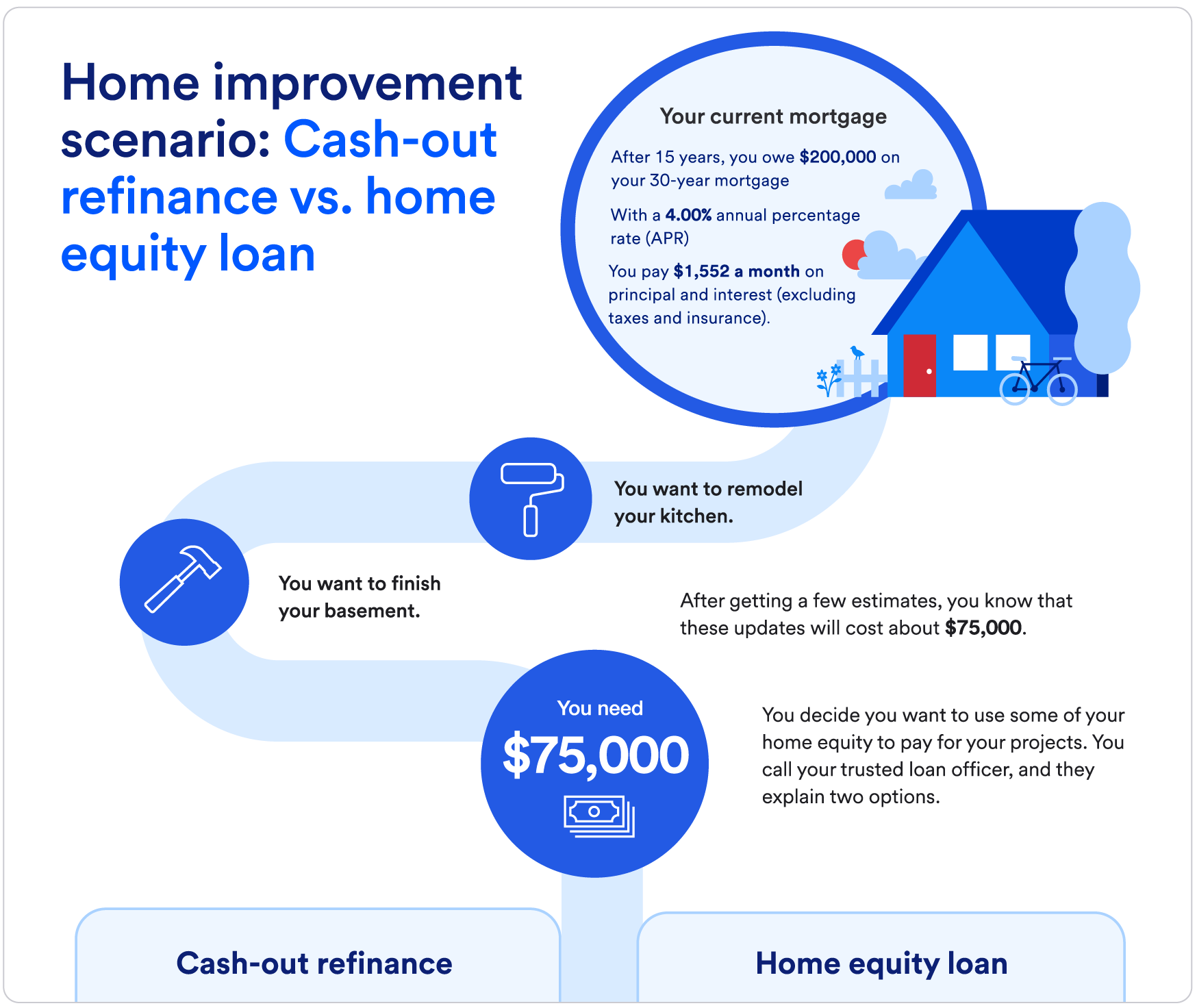What to Consider Before Applying for Equity Release Mortgages
What to Consider Before Applying for Equity Release Mortgages
Blog Article
Checking Out the Different Types of Equity Release Mortgages Available Today
Equity Release mortgages existing various options for homeowners aged 55 and over. equity release mortgages. These financial products accommodate different needs and preferences, allowing individuals to accessibility funds from their home. From life time mortgages to common appreciation home loans, each kind provides distinct advantages. Understanding these options is vital for making informed choices. What factors should one think about when picking one of the most suitable equity Release plan? The details that follow might lose light on this crucial topic
Understanding Equity Release Mortgages
Equity Release mortgages supply house owners, normally those aged 55 and over, with a way to access the value locked up in their home without needing to offer it. This financial choice enables individuals to convert a part of their home equity into money, which can be made use of for numerous objectives, such as home improvements, paying off debts, or funding retirement.Equity Release can take different forms, however it essentially includes borrowing versus the value of the home while preserving ownership. Home owners can select to get a round figure or a series of smaller sized settlements, relying on their economic demands and preferences.Additionally, the quantity offered for Release is affected by the building's worth, the home owner's age, and details lending institution requirements. Generally, comprehending equity Release mortgages is essential for homeowners to make enlightened choices regarding tapping into their home's equity while taking into consideration the long-term implications.
Lifetime Mortgages
Lifetime home mortgages stand for one of the most prominent forms of equity Release. This economic product allows homeowners, typically aged 55 or older, to borrow versus the worth of their residential property while maintaining possession. The funding, which is protected against the home, builds up interest in time however does not require month-to-month payments. Instead, the finance and accrued interest are settled when the home owner dies or moves into long-term care.Lifetime home loans provide flexibility, as debtors can pick to obtain a round figure or decide for a drawdown center, accessing funds as needed. Significantly, many strategies included a no-negative-equity warranty, making sure that borrowers will never ever owe more than the worth of their home. This feature supplies assurance, allowing people to appreciate their retired life without the anxiety of diminishing their estate. Generally, lifetime home mortgages act as a sensible option for those looking for financial backing in later life.
Home Reversion Program

Drawdown Life Time Mortgages
While numerous home owners seek means to access their wealth, drawdown life time mortgages present a flexible option that allows people to Release funds slowly. This sort of equity Release home loan makes it possible for homeowners to borrow against the value of their residential property while preserving possession. Unlike typical lifetime mortgages, drawdown plans allow customers to access a portion of their equity upfront and withdraw extra funds as needed, up to a fixed limit.This feature can be particularly helpful for those that wish to manage their financial resources very carefully, as it minimizes rate of interest build-up by only billing passion on the quantities drawn. Additionally, drawdown lifetime home mortgages frequently include a "no adverse equity warranty," ensuring that borrowers will never owe even more than their home's worth. This option suits senior citizens that desire financial safety and security and versatility, enabling them to meet unanticipated expenditures or preserve their way of living without needing to offer their residential or commercial property.
Boosted Life Time Mortgages
Boosted Life time Home mortgages supply distinctive benefits for qualified home owners looking for to Release equity from their residential properties. Comprehending the qualification requirements is necessary, as it identifies that can gain from these specialized finances. Nonetheless, it is likewise crucial to assess the prospective drawbacks associated with boosted alternatives, making certain a well-shaped viewpoint on their usage.
Qualification Standards Discussed
Understanding the qualification criteria for Enhanced Life time Mortgages is necessary for potential applicants looking for to access the equity in their homes. Usually, applicants have to be aged 55 or older, as this age demand is basic in the equity Release market. House owners ought to have a building valued at a minimum limit, which can vary by loan provider. Importantly, the property should be their primary residence and in great problem. Lenders usually assess the property owner's health and wellness status, as particular health and wellness problems may boost eligibility and advantages. Additionally, candidates should not have existing substantial financial debts secured against the home. Fulfilling these requirements permits individuals to explore Improved Lifetime Mortgages as a viable option for accessing funds locked up in their homes.
Benefits of Enhanced Home Mortgages
After making clear the eligibility criteria, it becomes noticeable that Improved Life time Home mortgages offer numerous significant advantages for homeowners looking to utilize their building equity. Largely, they provide access to a larger finance amount compared to typical life time home loans, benefiting those with wellness problems or age-related elements that raise their life span danger. This enhanced borrowing ability permits homeowners to satisfy various economic requirements, such as home improvements or retirement expenditures. Additionally, these home mortgages typically feature versatile payment alternatives, allowing borrowers to handle their finances extra properly. The no-negative-equity guarantee better guarantees that home owners will certainly never ever owe greater than their residential or commercial property's worth, offering tranquility of mind. Generally, Boosted Lifetime Home loans offer an engaging choice for qualified homeowners seeking monetary solutions.
Potential Downsides Taken Into Consideration
While Boosted Lifetime Home loans provide numerous advantages, possible drawbacks call for mindful consideration. One substantial worry is the influence on inheritance; the equity released lowers the value of the estate entrusted to beneficiaries. Additionally, these home mortgages can accumulate substantial passion with time, causing a considerable financial debt that may surpass the initial funding quantity. There might additionally be limitations on building alterations or rental, restricting property owners' adaptability. Enhanced items often need certain health and wellness conditions, suggesting not all home owners will certainly certify. Ultimately, taking care of the costs and charges connected with these home loans can be intricate, possibly causing unanticipated costs. Because of this, people ought to completely examine their situation and consult economic consultants prior to continuing.
Shared Appreciation Mortgages
Shared Appreciation Home mortgages stand for a special financial setup that enables homeowners to accessibility equity while sharing future residential property value increases with the lending institution. This approach provides possible benefits such as reduced month-to-month settlements, but it likewise features downsides that have to be thoroughly considered. Recognizing the eligibility requirements is crucial for those thinking about this choice.
Concept Overview
Equity Release home mortgages, especially in the kind of shared gratitude home loans, supply property owners an one-of-a-kind monetary remedy that allows them to accessibility click this site funds by leveraging the worth of their building. In this plan, a loan provider provides a lending to the homeowner, which is typically settled with a share of the home's future gratitude in value. This suggests that when the property owner offers the property or passes away, the loan provider gets a portion of the boosted worth, rather than simply the first financing amount. Shared appreciation home mortgages can be appealing for those aiming to supplement their revenue or money substantial expenditures while preserving possession of their home. Nonetheless, the economic ramifications of common gratitude must be carefully considered by prospective customers.
Advantages and Disadvantages
Common admiration home loans can provide substantial economic advantages, they also come with significant downsides that prospective consumers need to take into consideration. These home mortgages allow homeowners to accessibility equity in their residential or commercial properties while sharing a portion of any future recognition with the lender. This setup can be useful throughout times of rising residential property values, using significant funds without monthly settlements. Nonetheless, the major disadvantage is the potential loss of equity; house owners may finish up with appreciably reduced inheritance for successors. Additionally, the intricacy of the terms can lead to misconceptions pertaining to repayment responsibilities and the percent of appreciation owed. It is crucial for consumers to weigh these elements very carefully prior to dedicating to a common admiration mortgage.

Qualification Requirements
What criteria must home owners fulfill to get a common gratitude home loan? Largely, prospects need to be at the very least 55 years old, assuring they are within the target demographic for equity Release products. In addition, the home should be their key house and commonly valued above a defined minimum threshold, frequently around ? 100,000. Lenders likewise examine the home owner's financial situations, consisting of revenue and arrearages, to determine they can handle the home loan responsibly. Significantly, the property needs to be in great condition and totally free from significant legal encumbrances. House owners need to additionally have a clear understanding of the terms, consisting of just how admiration will certainly be shown to the lender upon sale or transfer of the residential or commercial property, as this affects overall returns.
Choosing the Right Equity Release Alternative

Regularly Asked Concerns
What Age Do I Required to Be for Equity Release?
The age need for equity Release usually starts at 55 for most plans. Nonetheless, some service providers may provide choices for those aged 60 and above, showing varying terms based on private situations and loan provider plans.
Will Equity Release Affect My Inheritance?
Equity Release can influence inheritance, as the amount obtained plus rate of interest minimizes the estate's value. Beneficiaries might obtain less than expected, relying on the residential property's appreciation and the overall debt at the time of passing.
Can I Relocate Home With Equity Release?
The question of moving home with equity Release develops regularly. Generally, individuals can transfer their equity Release plan to a new property, however specific terms and problems may apply, calling for appointment with the lender for advice.
Are There Charges Linked With Equity Release Mortgages?
Fees linked with equity Release home loans can include setup charges, valuation charges, and lawful expenses. Additionally, there may be very early repayment fees, which can impact the overall expense and monetary effects for the borrower.
Just How Does Equity Release Impact My Tax Obligation Situation?
Equity Release can affect one's tax obligation scenario by potentially raising taxable revenue, as launched funds are considered funding. It usually does not incur immediate tax liabilities, making it important to seek advice from an economic expert for tailored guidance.
Conclusion
In summary, the selection of equity Release mortgages available today provides property owners aged 55 and over numerous paths to access their residential property's worth - equity release mortgages. Whether selecting a life time home mortgage, home reversion plan, or other alternatives, each option presents unique benefits customized to specific economic demands. Mindful factor to consider and examination with an economic consultant are vital to guarantee the selected equity Release remedy lines up with monetary situations and personal goals, inevitably assisting in educated decision-making for hop over to these guys a safe and secure economic future. Equity Release home loans present various choices for property owners aged 55 and over. Equity Release mortgages provide property owners, usually those aged 55 and over, with a method to access the worth tied up in their residential or commercial property without requiring to market it. Enhanced Life time Home mortgages provide distinct benefits for eligible home owners looking for to Release equity from their residential properties. Equity Release home mortgages, particularly in the kind of common recognition mortgages, supply house owners a distinct financial remedy that enables them to accessibility funds by leveraging the worth of their building. In recap, the variety of equity Release mortgages available today supplies home owners aged 55 and over numerous pathways to access their home's value
Report this page